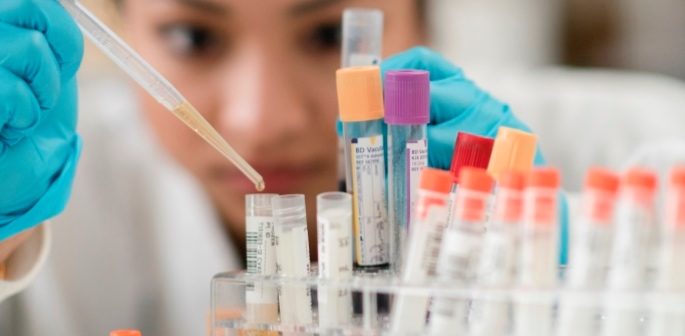“This can only be achieved by listening to local people"
Covid-19 has quickly become a major disease across the world. The Covid-19 Vaccine is the world’s much sought after promise to controlling this global pandemic.
Two major trials are taking place in the UK requiring volunteer participants.
The National Institute for Health Research (NIHR) invites the public, particularly the BAME community, to complete a short survey.
This survey allows the public to express their views in a Covid-19 vaccination and participating in trials.
Ensuring everyone has the opportunity to share their views on vaccinations and its studies is paramount in the successful acceptance and implementation of Covid-19 vaccines in local communities.
What is Covid-19 and its Vaccine?
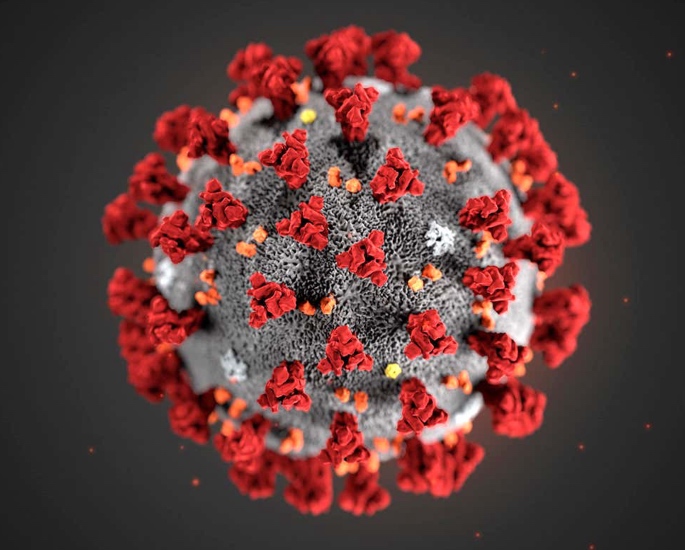
Covid-19 is an infectious condition caused by the coronavirus. It was first identified in late 2019 in Wuhan, China. This virus can infect the respiratory (breathing) system.
Some people do not have symptoms but can carry the virus and pass it on to others. Those who have developed the condition may develop a fever and/or a continuous cough amongst other symptoms.
The WHO declared the Covid-19 epidemic a Public Health Emergency of International Concern on 30 January 2020.
There are no currently licensed vaccines or specific treatments for Covid-19. Across the world, researchers are striving to develop a vaccine.
Vaccines are the most cost-effective way of controlling outbreaks. They are used as a way to prevent disease, rather than treat a disease once you may have caught it.
A vaccine teaches your immune system how to create antibodies that protect you from an infectious disease such as Covid-19.
As this is a highly infectious disease, an effective vaccination would be the main way to curb the global coronavirus death toll.
Vaccinations work through the concept of ‘Herd Immunity’. This is the idea that if the majority of the population have the vaccination, they will be immune to the disease.
Antibodies are created against the disease when a vaccine is given.
This can help to combat the disease quicker and more effectively. If one was to get infected with Covid-19 after having the vaccine, they would be able to form antibodies more quickly.
Dr Alice Tang, is a doctor working in Boston, USA, and was a participant for a Covid-19 vaccine trial in the USA.
She shares her experiences with DESIblitz. She explains:
“I was enthusiastic to enrol in a clinical trial. The study details were clearly communicated to me, including the potential risks and benefits.
“I felt it was important to encourage diverse representation in such studies. The study doctors have been on hand anytime I wanted to ask questions.”
What are the current trials?

There are currently two national coronavirus vaccine studies approved by NIHR in the UK. They are run by the University of Oxford and Imperial College London.
These are now in its human phase which requires healthy volunteers to participate in the trial. Researchers want to identify if these healthy participants can be protected from Covid-19 with these vaccines.
These trials will help to provide valuable information on the safety of the vaccine and whether there are any side effects.
They will also measure its ability to generate good immune responses against the virus, and this is through whether antibodies are created against the disease.
The researchers will do this by randomly allocating participants to receive the investigational vaccine or a MenACWY vaccine (a meningitis vaccine).
Blood tests will be performed on participants and information will be collected about any symptoms that occur after vaccination.
There is also a smaller coronavirus study also being developed focusing on the delivery of the vaccine. This is where the vaccine will be delivered as a nasal spray targeting the airways directly rather than as an injection.
Prior to the human participant phase, the vaccine has undergone a number of rigorous stages and processes in order to minimise the chances of an adverse event.
The Survey for the Covid-19 Vaccine
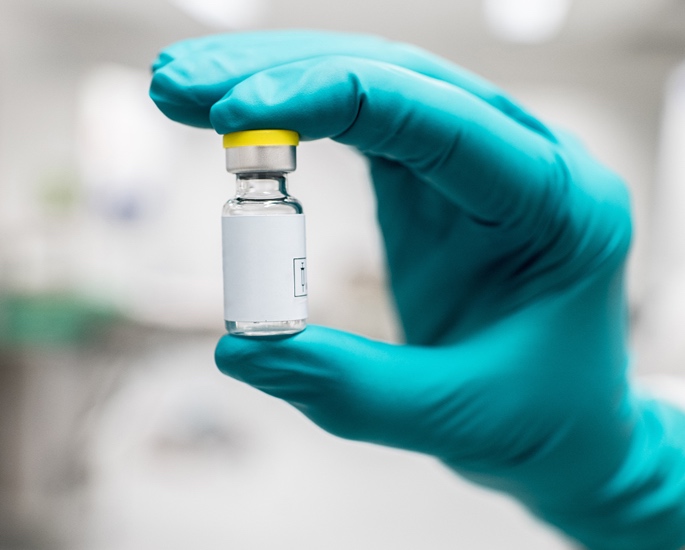
A survey under the NIHR Clinical Research Network West Midlands, created by various experts in the medical field, invites you to participate.
The survey aims to explore the views related to vaccination trials. It explores whether an individual would partake in vaccine-related research studies and would consider having the vaccine.
All information provided in the survey remains anonymous and will be stored securely. Once the information has all been collected and analysed, it would be published to help fuel further research.
The results will also help to target education and public health campaigns in the West Midlands and across the country.
This is particularly with recruitment for vaccine trials and how engagement with the vaccine when it is released can be increased, particularly in the BAME community.
Vaccine Trials and the BAME Community
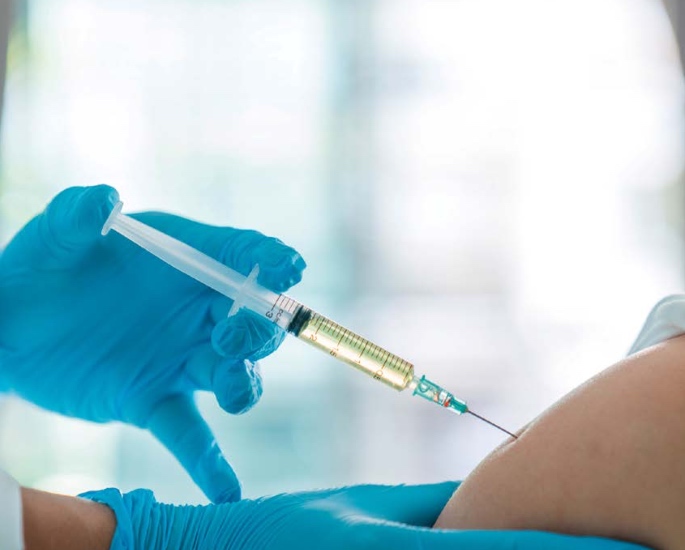
There has already been a lot of research identifying how Covid-19 has affected different ethnic groups differently. The BAME community are classed as a higher risk of the virus and its complications.
The death rate from Covid-19 in England is four times higher for black people and three times higher for Asian people than for their white counterparts, according to the recent report by Public Health England.
A report by the Health Service Journal in April found BAME individuals made up 63% of healthcare workers reported in the media to have died from Covid-19.
This is despite BAME groups being 21% of NHS staff in England.
With these ethnic groups being at higher risk, there ought to be a greater emphasis on BAME recruitment to these trials to see how these ethnic groups react to the vaccine.
It would be difficult to assess how effective treatments are for different groups of people without them being a part of the trial.
The BAME community currently has the lowest uptake in the vaccination trials nationwide. Participation for these trials are voluntary and very few numbers from ethnic minority groups have stepped forward.
Only around 7% of the total number of sign-ups for the Covid-19 vaccination registry are from the BAME community. Around 4% of that number of volunteers are from Asian communities.
A similar situation is in America. Researchers at the University of California compared vaccine trial enrolment demographics to coronavirus case demographics in three US cities.
They found that Hispanic people were under-represented in two cities, whilst Black Americans were under-represented in trials in all three cities.
This is despite Hispanic and Black Americans making up more than 30% and 20% of US Covid-19 cases respectively.
An academic paper released in 2016 regarding research trials, in general, showed greater intervention is needed to engage ethnic minority groups into trials.
Why should I take part in this survey?

Professor Matthew Brookes, Dr Mohammed Sheikh and Dr Aditi Kumar are established researchers at the Clinical Research Network West Midlands. They have been involved in creating this survey.
They tell DESIblitz why you should take time out to complete this survey. Professor Matthew Brookes said:
“Data from the NIHR Clinical Research Network has shown that individuals from BAME groups appear to be are under-represented in research.
“Given these disparities in access to research, and within the current pandemic, it is more important than ever to look at ways that we can be more inclusive with our research access.
“Groups from the NIHR and the East Midlands Applied Research Collaboration team have developed some excellent toolkits to improve access and to promote awareness of research opportunities.
“The work that we are undertaking will complement this data.
“It will give a better insight into the perceptions about participation in vaccine trials in the current pandemic.”
“We hope that this will allow us to develop more inclusive opportunities in the future COVID related vaccine programme.”
Dr Mohammed Sheikh said:
“Ensuring everyone has the opportunity to share their views on vaccinations and vaccines related studies is paramount in the successful acceptance and implementation of Covid-19 vaccines in local communities.
“Only by understanding the views of local people in local communities can we better understand effective local approaches and interventions.
“This can only be achieved by listening to local people and ensuring vaccines awareness and promotion campaigns reflect their views.”
Dr Aditi Kumar supported this saying:
“People have such different views on vaccines. Until we understand the reasoning behind their beliefs, we cannot begin to clear this pandemic and return to normality someday.”
How can I get involved?
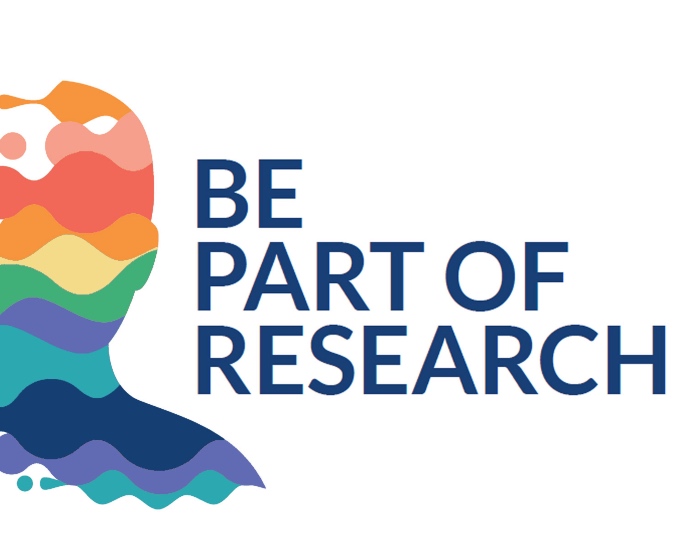
The NIHR has a central registry where people can register their interest to be approached for vaccine studies on the NHS website.
By signing up to be contacted you allow researchers to contact you about specific studies. They’ll give you more information about the study, and you’ll be able to ask questions.
You can then decide if you want to take part or not. It’s your choice and is voluntary.
In general, there is a greater need for participants for Covid-19 trials in the UK still.
For example, the West Midlands population forms only 6.8% of the registry sign-ups, despite being 10% of the UK’s population.
West Midlands also is currently a Covid-19 hot spot and is under close watch. Having its population involved is crucial in a more effective vaccine.
BAME communities remain under-represented in the current Covid-19 vaccination trials in the UK.
Their views and contribution are needed more than ever and it is still not too late to get involved. Click here to register your interest in the fight against the virus.
You are invited to share your views on vaccination and its trials on the survey here. This survey is open until October 9, 2020. Having your contribution will help to guide future research and campaigns.




















































